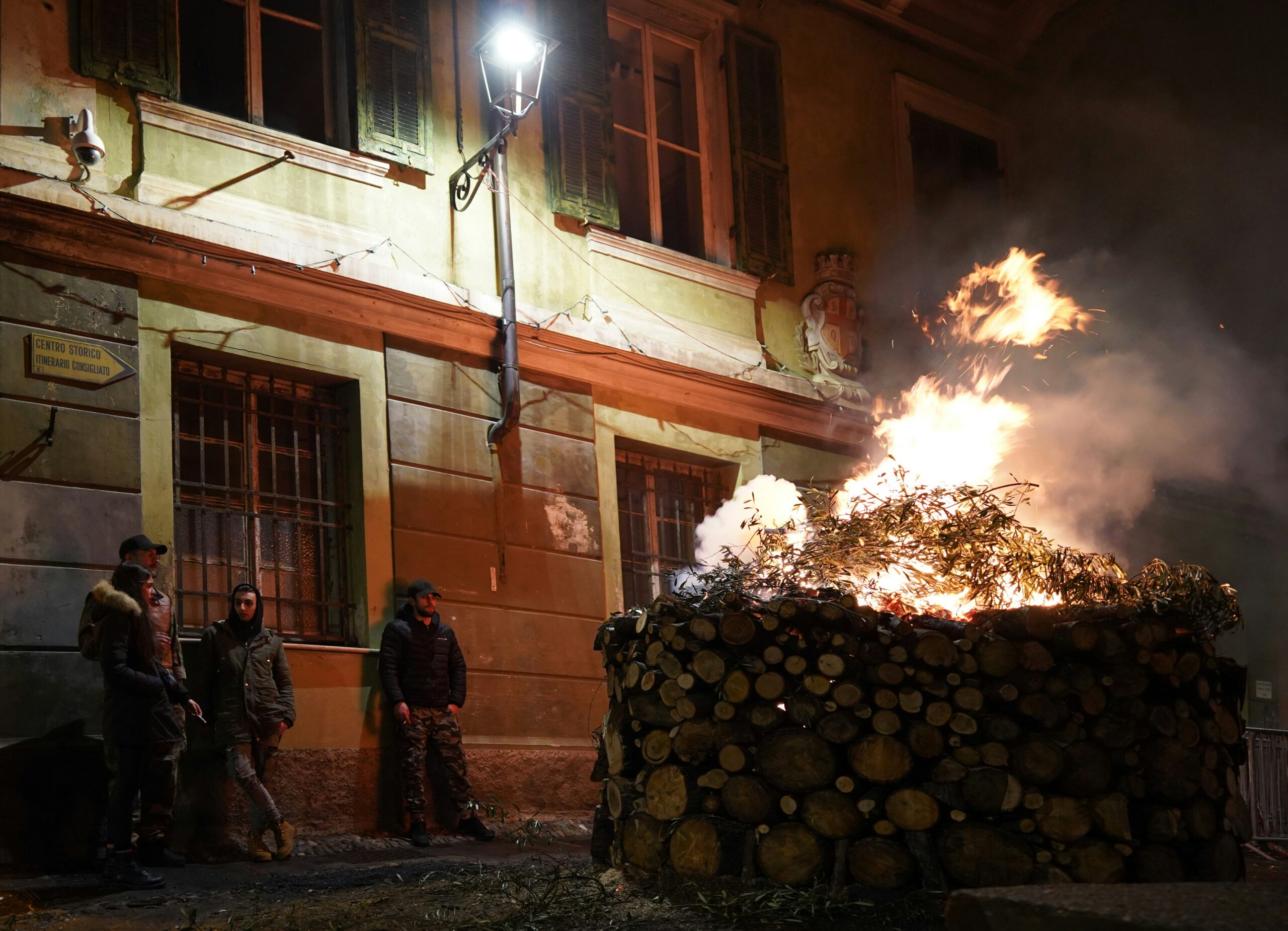
In a sudden escalation of unrest, Serbia has become the epicenter of violent clashes involving police forces, government supporters, and anticorruption demonstrators. The conflict, which has been simmering for months, erupted recently as protestors intensified their demands for electoral reforms and greater transparency.
Key Facts
- Violence involved government supporters, police, and anticorruption groups.
- The protests are reportedly part of a broader demand for electoral transparency and accountability.
- President Aleksandar Vucic has labeled the protests as influenced by foreign entities aiming to destabilize his administration.
Background
The protests in Serbia began as a peaceful movement seeking greater governmental transparency and the fight against entrenched corruption. Over the months, these demonstrations have grown in intensity and frequency, drawing attention from international observers and local authorities alike. The involvement of government supporters in the clashes marks a significant escalation, hinting at a deepening national divide.
Official Reactions
President Aleksandar Vucic has publicly denounced the protests as being orchestrated by foreign powers seeking to undermine Serbia’s sovereignty. This narrative has further polarized the situation, with Vucic’s supporters rallying to defend his leadership against what they perceive as external interference.
What’s Next
The future of these protests and the government’s response remains uncertain. With both sides standing firm in their positions, the potential for further violence looms large. The international community’s response, as well as internal pressures from various political factions within Serbia, will likely shape the next phase of this unfolding crisis.
Experts like Mirko Dautovic, a commentator on Balkan media, and Florian Bieber, a professor of Southeast European history and politics, suggest that the resolution to this crisis will require significant diplomatic and political maneuvering. Correspondent Tatyana Kekic, covering Serbia for bne IntelliNews, notes that the situation is rapidly evolving, with new developments likely to emerge as more people join the protests or government forces increase their crackdown.


